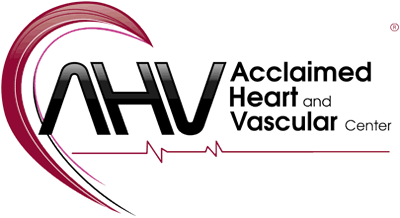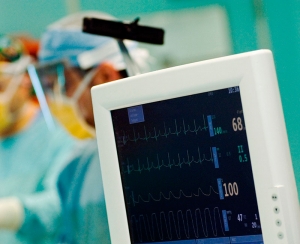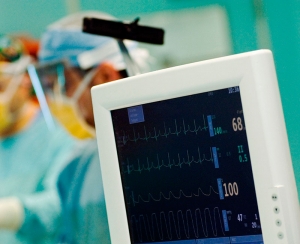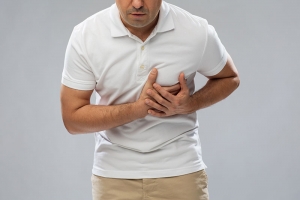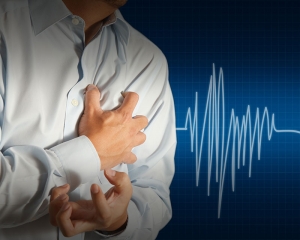Heart Palpitations
A heart palpitation is the sensation that your heart has skipped a beat or added an extra beat. It may feel like your heart is racing, pounding, or fluttering. You may become overly aware of your heartbeat. This sensation can also be felt in the neck, throat, or chest. It’s also possible that your heart rhythm can change during the palpitations.
Most heart palpitations are harmless and resolve on their own without treatment. But in rare cases, heart palpitations can indicate a serious condition.
Symptoms of Heart Disease
Heart disease is caused by narrowed, blocked or stiffened blood vessels that prevent your heart, brain or other parts of your body from receiving enough blood. Heart disease symptoms may be different for men and women. For instance, men are more likely to have chest pain; women are more likely to have symptoms such as shortness of breath, nausea and extreme fatigue.
Symptoms can include:
- Chest pain (angina)
- Shortness of breath
- Pain, numbness, weakness or coldness in your legs or arms
What is Arrhythmia?
Arrhythmias are abnormal beats. The term arrhythmia refers to any change from the normal sequence of electrical impulses, causing abnormal heart rhythms. Arrhythmias may be completely harmless or life-threatening.
Some arrhythmias are so brief (for example, a temporary pause or premature beat) that the overall heart rate or rhythm isn't greatly affected. But if arrhythmias last longer, they may cause the heart rate to be too slow or too fast or the heart rhythm to be erratic – so the heart pumps less effectively.
What is Atrial Fibrillation?
Atrial fibrillation, or AF or AFib, is the most common type of arrhythmia. With AFib, your heart quivers, beats too quickly, or skips beats. It can't pump blood through its chambers and out to your body as well as it should. Sometimes blood can pool in the heart and form clots, which could lead to a stroke.
During atrial fibrillation, the heart's two upper chambers (the atria) beat erratically and irregularly — out of coordination with the two lower chambers (the ventricles) of the heart.
